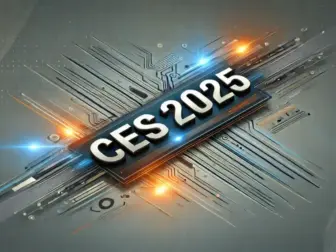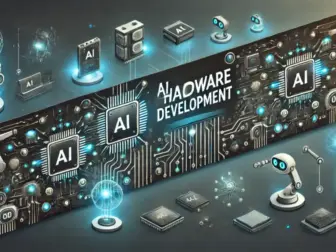Tag - AI consumer electronics
Revolutionizing Consumer Electronics with AI: Enhancing Everyday Life with Smart Devices
Artificial Intelligence (AI) has been making waves in the consumer electronics industry, revolutionizing the way we interact with our devices and enhancing our everyday lives. From smart speakers to wearable technology, AI has been integrated into a wide range of consumer electronics products, offering unprecedented levels of convenience, efficiency, and customization.
One of the most notable examples of AI in consumer electronics is the smart home ecosystem. Companies like Amazon, Google, and Apple have developed AI-powered smart speakers like the Amazon Echo, Google Home, and Apple HomePod, which are capable of understanding and responding to voice commands. These devices can control smart home devices, play music, provide weather updates, answer questions, and more, making them a central hub for home automation.
AI is also revolutionizing the way we interact with our smartphones. Virtual assistants like Siri, Google Assistant, and Bixby are now standard features on most smartphones, allowing users to perform a wide range of tasks using voice commands. These virtual assistants can set reminders, send messages, make calls, play music, and even provide directions, all without the need to touch the phone.
Wearable technology is another area where AI is making a significant impact. Smartwatches and fitness trackers are now equipped with AI algorithms that can track our activity levels, monitor our heart rate, analyze our sleep patterns, and provide personalized recommendations for improving our health and fitness. These devices can also provide real-time feedback during workouts, helping users optimize their performance and achieve their fitness goals.
In the entertainment industry, AI is being used to personalize the content we consume. Streaming services like Netflix and Spotify use AI algorithms to analyze our viewing and listening habits and recommend content that is tailored to our preferences. These recommendations help users discover new movies, TV shows, and music that they are likely to enjoy, creating a more engaging and personalized entertainment experience.
AI is also being integrated into gaming consoles, enhancing the gaming experience in a variety of ways. AI-powered chatbots can provide real-time assistance and support to gamers, helping them navigate complex games and solve challenging puzzles. AI algorithms can also analyze gameplay data to provide personalized tips and strategies for improving performance, making gaming more enjoyable and rewarding.
Overall, AI is transforming the consumer electronics industry, making our devices smarter, more intuitive, and more personalized. As AI technology continues to evolve, we can expect to see even more innovative and exciting applications of AI in consumer electronics, further enhancing our everyday lives and improving the way we interact with technology.

